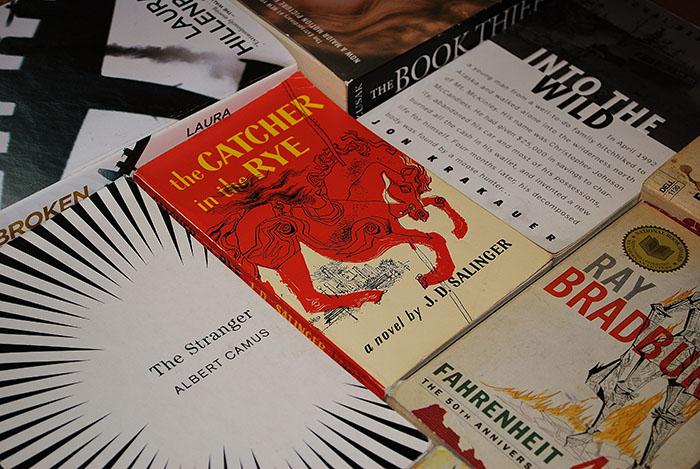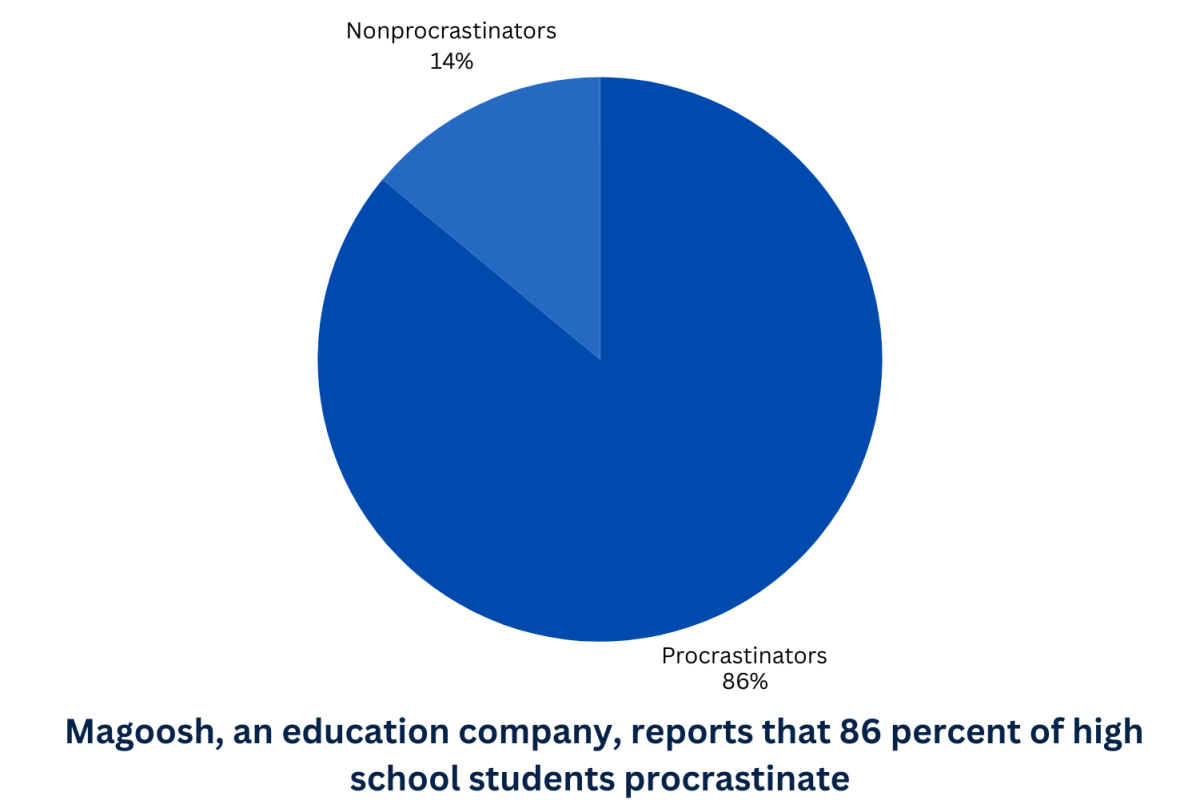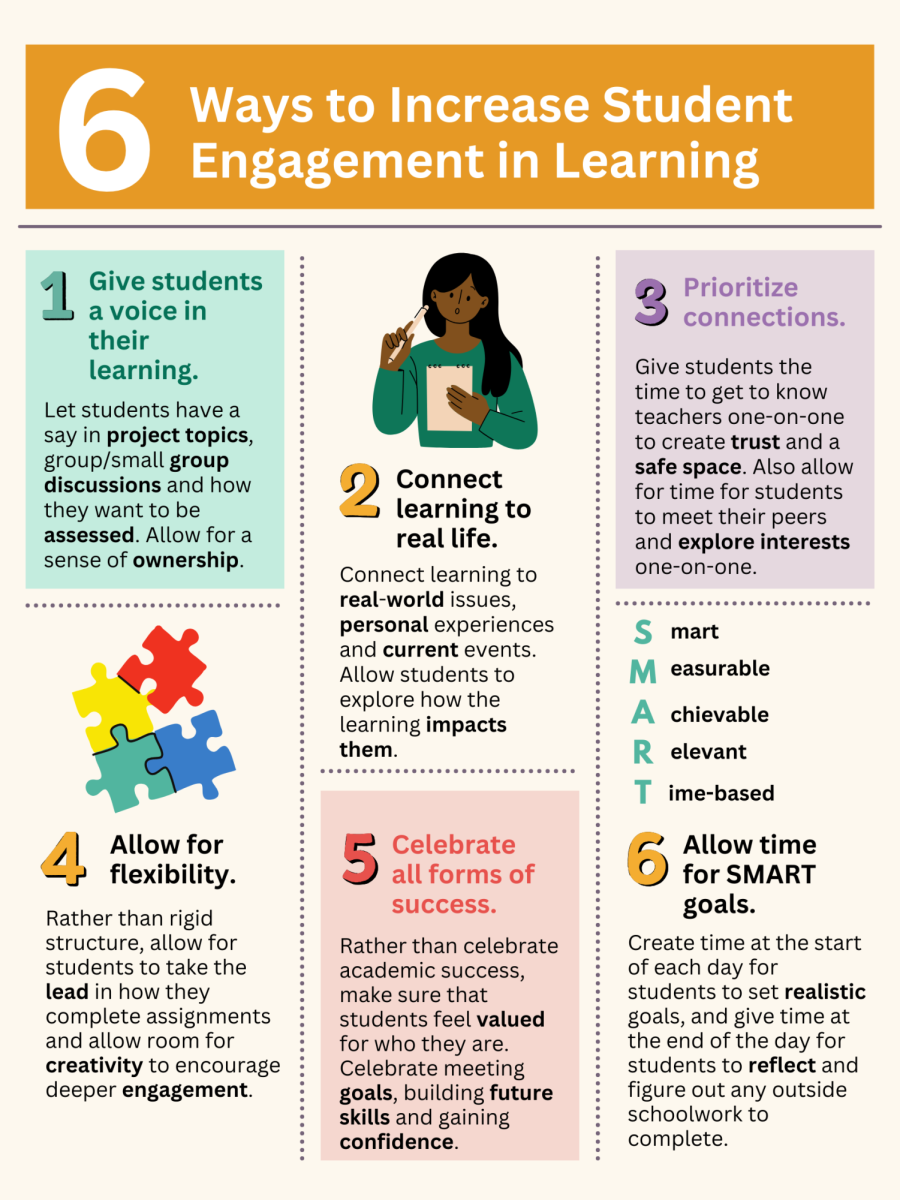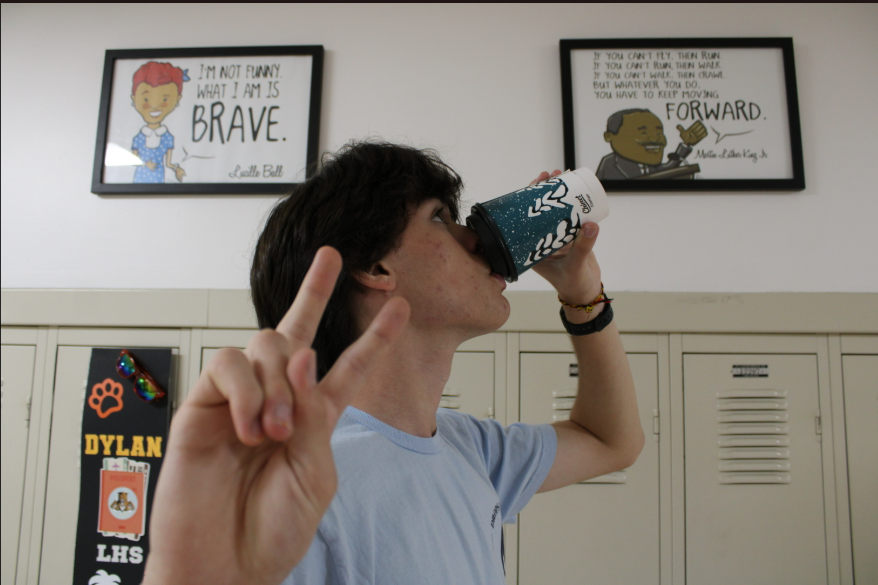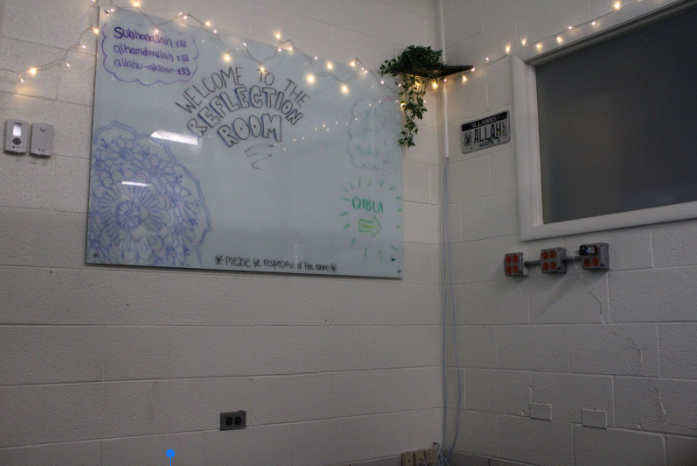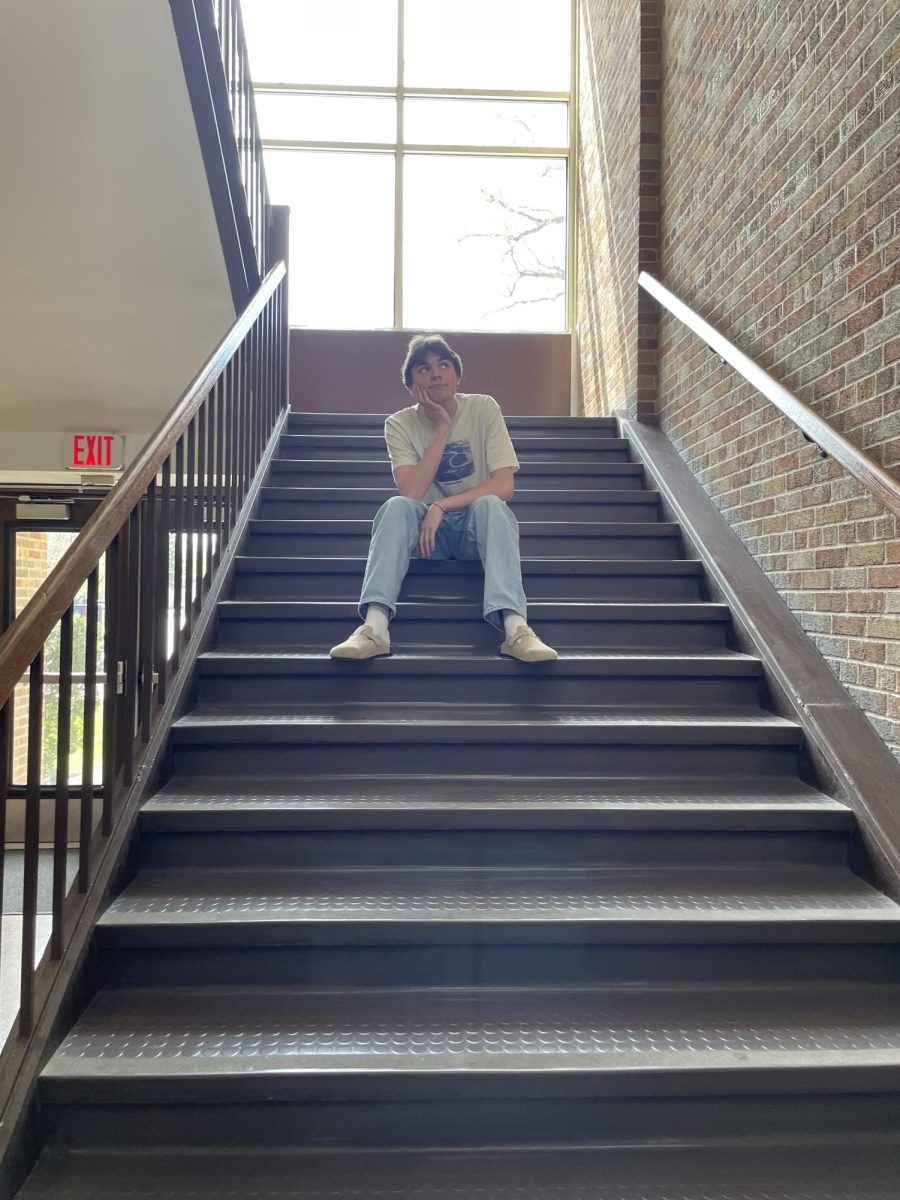With Sparknotes and Wikipedia posting plot summaries and presenting symbolism right to us, why read? Everything you need for that paper is at your fingertips, and it doesn’t take 200 pages. It takes two.
But that doesn’t mean it’s the best choice.
The books that we read in high school grow up with us and not just in our academic careers. They perpetually challenge us and force us to question the way that we view the world in a way that can’t be put into bullet points. Books matter.
We begin high school aimlessly, seeking something― anything― to jump out at us and give meaning to the next four years of our lives, and through books like “Fahrenheit 451,” we are charged to find that meaning. Be the outcast. Be the outlier. Do the right thing.
However, as we grow and learn― not just in school, but about people and society― the books we read force us to question whether the right thing is always as black and white as the pages they contain. We start with books like “A Long Way Gone” or “A Thousand Splendid Suns,” in which we are introduced to the idea that good and bad are not as simple as we may have thought. Reading books like “The Great Gatsby,” which illuminate blindness and excess, we are then challenged to see how our own selfish actions impact others.
Yet, after all of it, books like “The Stranger” force us to wonder whether our actions ever even had meaning in the first place.
The books that we read in these four years do more than merely teach us about literary technique or fill out a paper: they teach us about humanity. Within each book is a universe― an entire world to enter, understand and question. Why deny yourself that opportunity?
So save Sparknotes for after you meet the characters and the author for yourself― look for what the book is showing you before you seek out what it is telling everyone else. You’ll learn a lot more that way.



